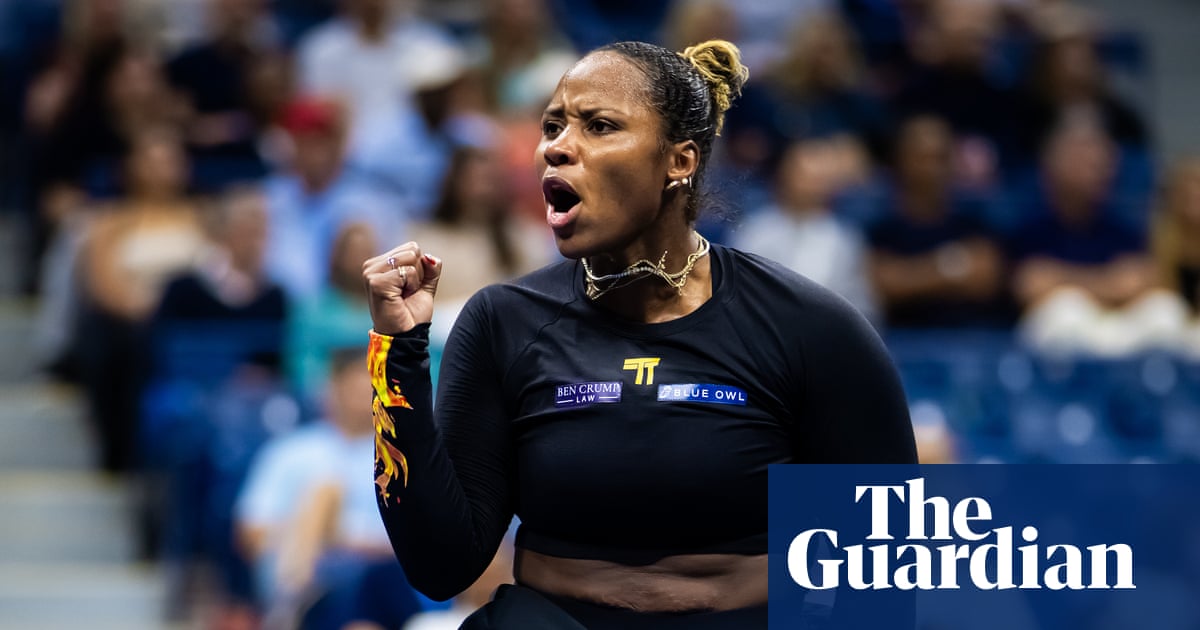More than 100 current AFL players are gay. I know would make it easier for them to come out

The former West Coast player is bravely challenging the infamous “code of silence” in the AFL by sharing the harm caused to him by his club’s culture and by the “countless” homophobic comments he heard throughout his career. It is tragic to hear him say that escaping the AFL’s toxic environment was a key reason for his early retirement.People also ask me about the impact of players coming out. In the past, I’ve always said there doesn’t seem to be much benefit in terms of cultural change. This time, my answer is different. That’s because of the way Mitch Brown chose to come out on Wednesday. Unlike athletes who have recently come out in football and rugby union , Brown is using this moment to call for change to the AFL’s harmful hypermasculine and homophobic culture.Based on recent high-quality studies , about 15 per cent of young people identify as something other than heterosexual. In the AFL alone, this should mean more than 100 openly gay or bisexual players. Instead, there is only one player, who retired in 2016.I have been studying homophobia in sport for more than a decade, and whenever a professional male athlete comes out, I am asked why there are so few openly gay or bisexual men in Australian sport.Brown’s decision to share his story could mark a turning point because he is an insider. He is one of the boys. When someone with that credibility describes the reality of life inside AFL clubs, it is hard for the league and its fans to dismiss his experiences. The AFL itself does not deny the problem. Six players have been suspended for homophobic slurs in the past 16 months. These incidents are not isolated. They are the most visible signs of a cultural failure. Punishing individuals after the fact does nothing to change the culture that produces the behaviour in the first place.LoadingIn 2014, the AFL’s CEO appeared on national television alongside leaders of Australia’s four other major sports and signed a historic commitment to eliminate homophobic behaviour. The league promised to become a world leader in tackling the problem. It has failed. Instead, the AFL has left players like Brown, and the many current players who feel they must hide their sexuality, to work in unsafe environments. That is why public congratulations from AFL leaders ring hollow. Brown and others instead deserve an apology for being forced to play in a harmful environment that the AFL promised to fix.This moment is an opportunity for the AFL to finally deliver on the promise it made in 2014. But after more than a decade of research, I do not believe head office will lead the way. Real reform must come from the volunteers and leaders at the grassroots of the game every week.The behaviours Brown describes are not slips of the tongue or the result of ignorance. They are cultural, and ultimately social. From a young age, boys in male-dominated sports learn that using homophobic language and denigrating women is a way to gain acceptance and prove they belong. These are rituals of belonging. Our research has found that policies, posters or classroom-style education will never be enough to make real change. The problems are not caused by a lack of knowledge. They are caused by men trying to conform to the behaviour of those around them.









